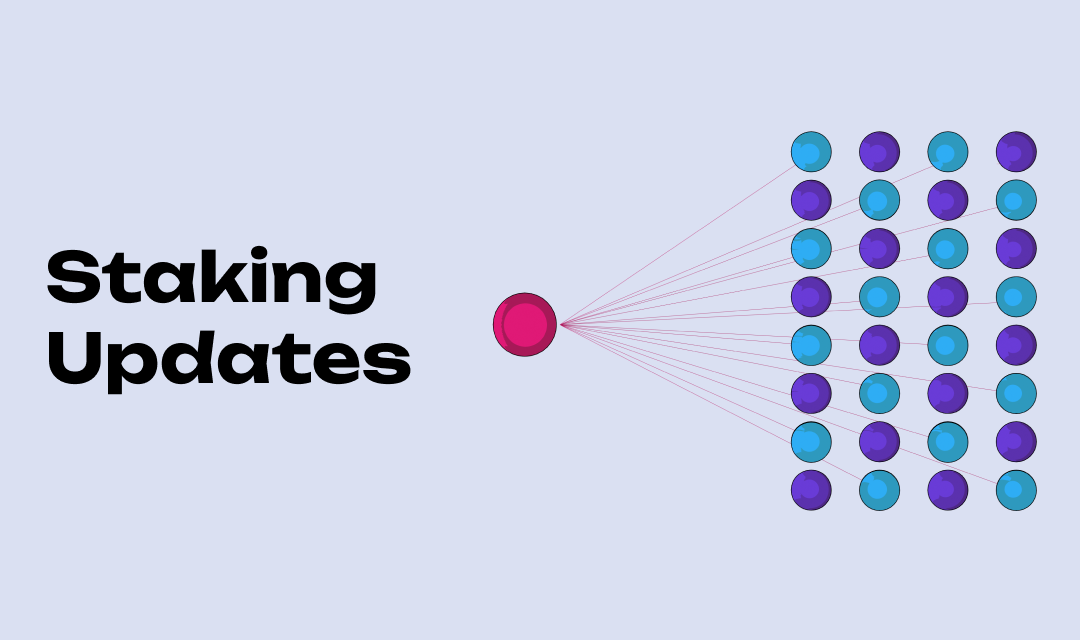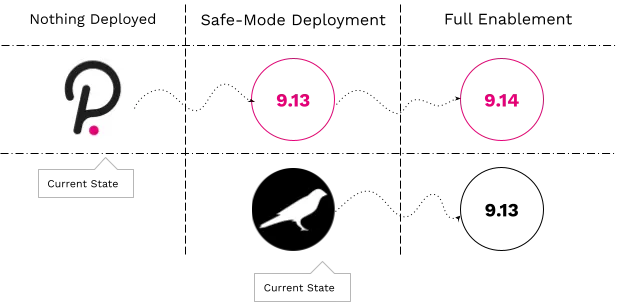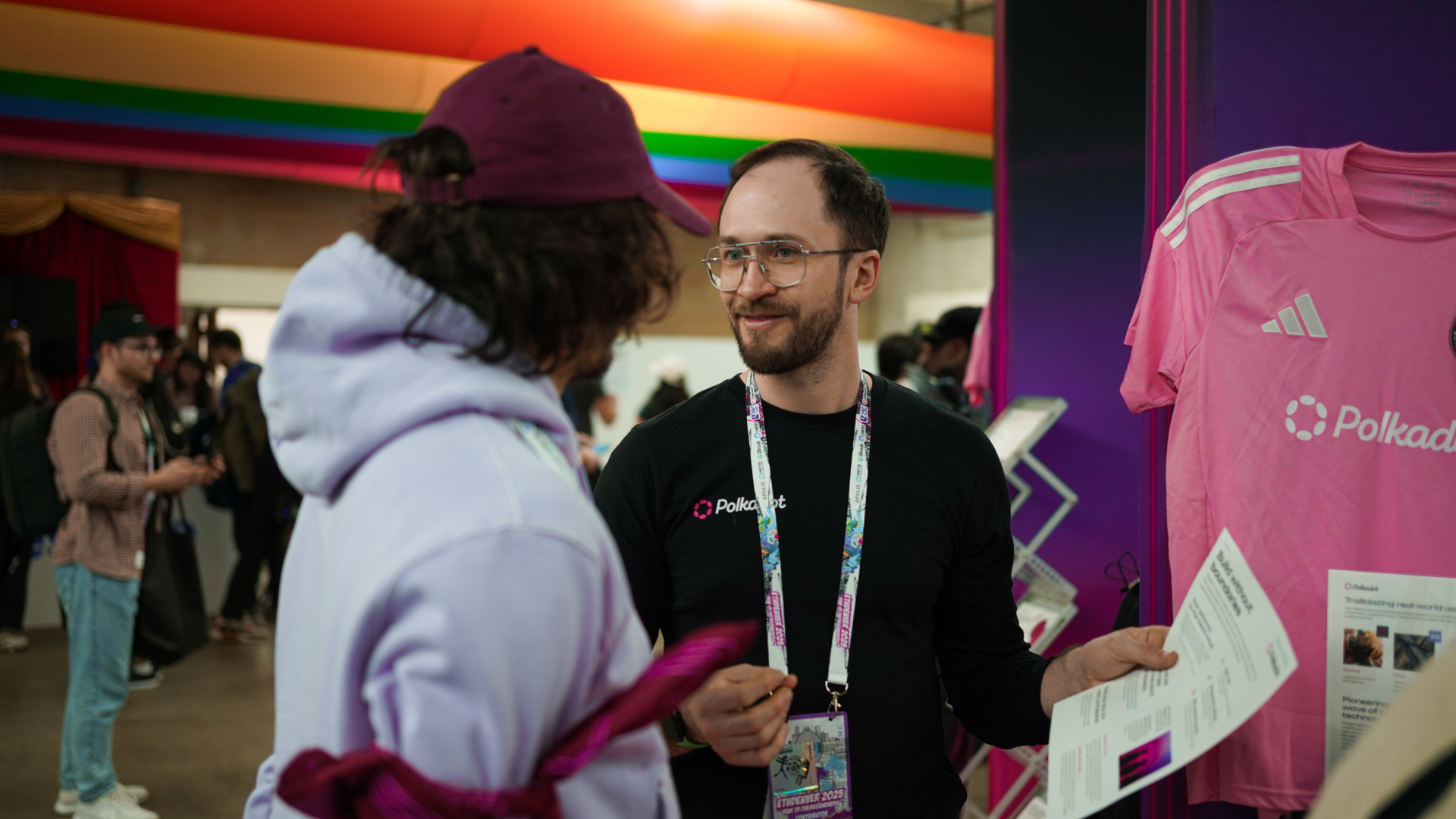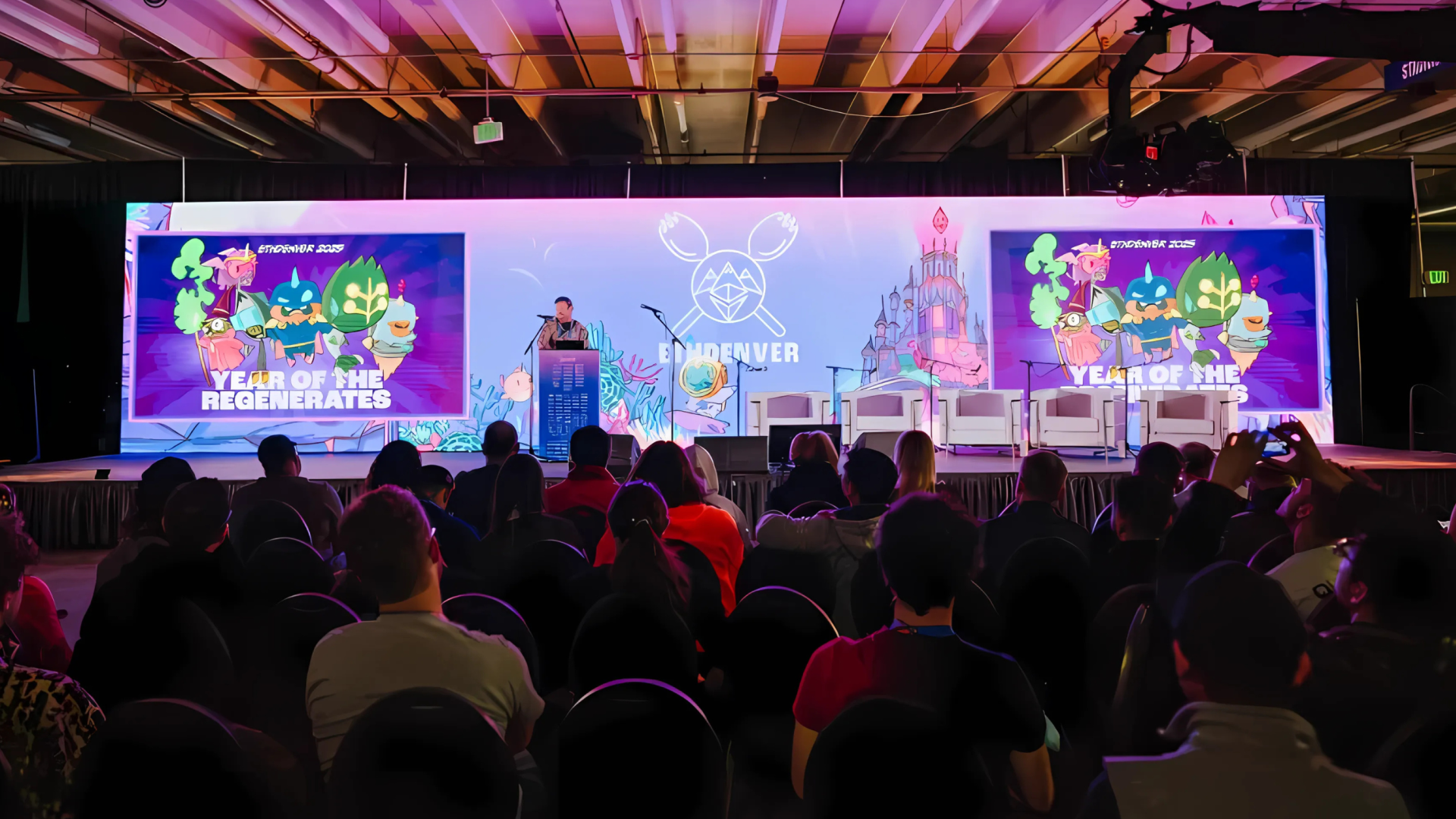Staking Update: October 2021
Polkadot prepares for full bags-list deployment and parachain auctions. Check out the latest staking updates, deployment plans, and current network metrics.
 By Polkadot•October 31, 2021
By Polkadot•October 31, 2021
By Kian Paimani, Parity Technologies
Overview
We’ve experienced a relatively calm week in the world of staking. Parachain deployment is imminent on Polkadot, and most of our focus has been dedicated to making sure this happens as smooth as possible. That being said, there have been some progress in the world of staking.
On the development side, the aforementioned pull-request for moving the position of nodes within a bag is still under review, but it has received multiple rounds of feedback since. Moreover, a fuzzer has been added to the bags-list pallet now.
Deployment Update
As proposed last month, the bags-list pallet was merged and deployed on Westend and Kusama in a safe-mode with the 9.11 release. The entire nominator map of these networks has been now migrated to the sorted bag structure, and can technically be sorted in a meaningful way. 9.12 did not contain anything related to the bags-list and mainly contained parachain/XCM related updates. Next up, we propose that with the upcoming 9.13 release the bags-list will be added to the Polkadot in safe mode, and will be fully unleashed on Kusama and Westend since it has already been working safely there for weeks.
The following figure summarizes our proposed deployment strategy for Polkadot and Kusama.

Inspecting Bags: Preview
An issue has been open to create a simple UI for this pallet in polkadot.js.org/apps. In the meantime, you can also use this script in the Javascript Console of Polkadot-JS Apps (in Kusama and Westend only, of course) to tinker with the bags functionality.
By The Numbers
At the time of writing, Polkadot has around 17,200 nominators, and the minimum amount of DOTs to be a nominator has stayed constant at 120 DOTs. Due to the parachain auctions starting soon, as expected, the number of nominators has decreased slightly, but we expect this trend to go back to the usual growth.
Last month’s average of the minimum amount needed to be a validator in Polkadot is 1.7353 MDOT, and the total amount staked is 662.9317 MDOT (staking rate 66%). The same metrics for Kusama have been 4.0951 kKSM and 5.0677 MKSM respectively, over the last month.











